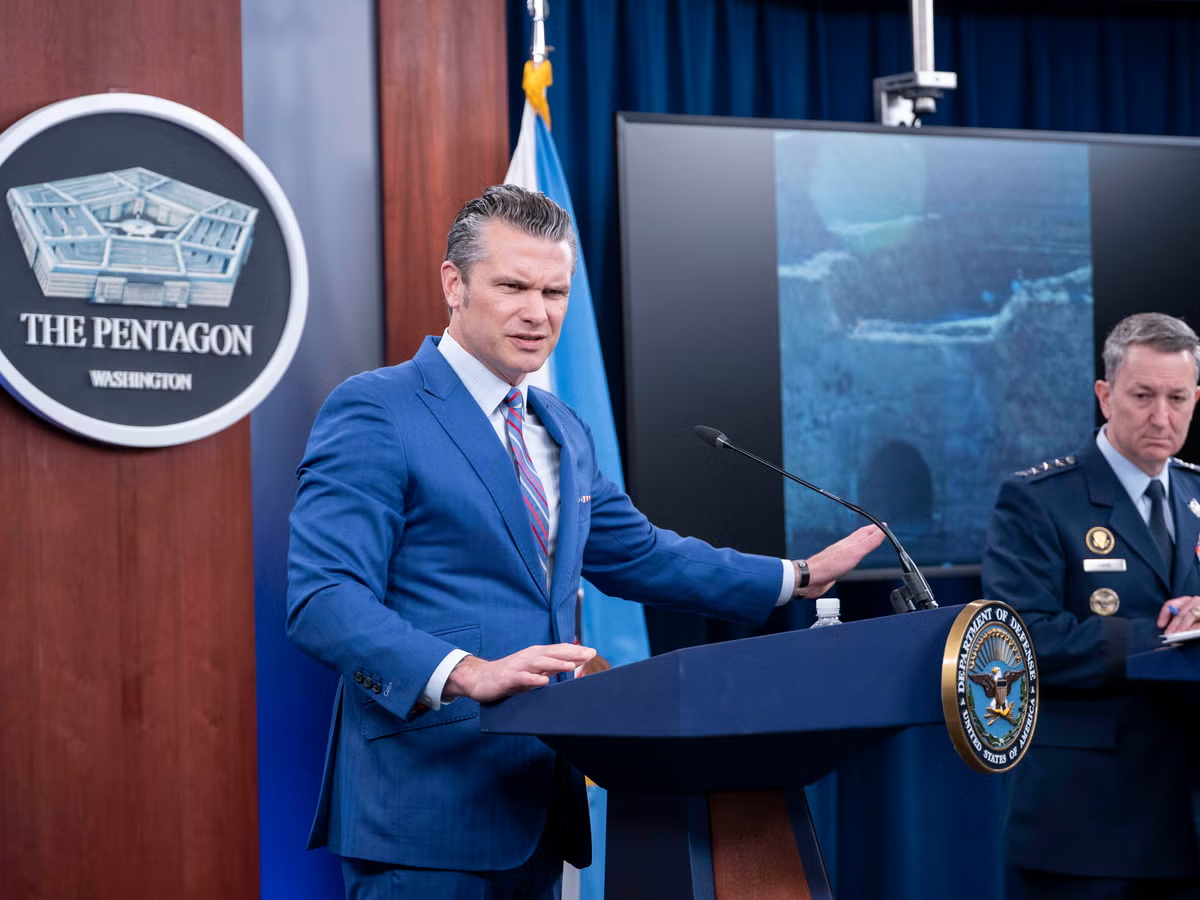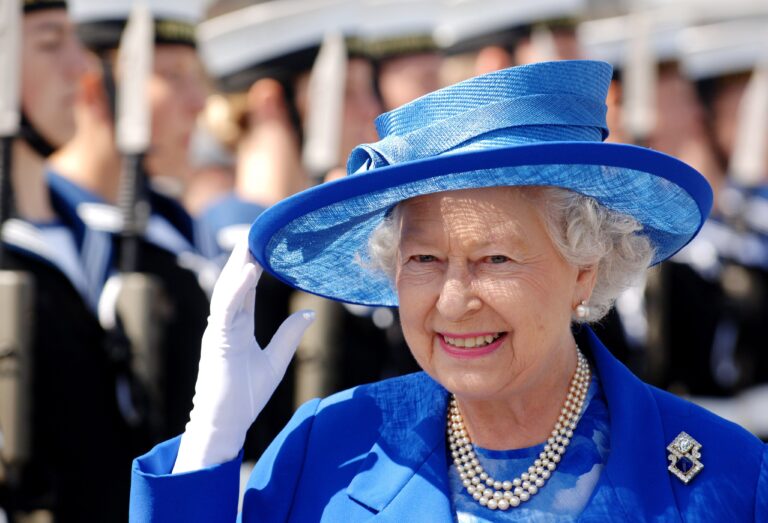
Former President Donald Trump has sparked a new debate by claiming that Iran is behind recent political turmoil in the United States. In a statement that has drawn both support and skepticism, Trump alleged that Tehran is actively working to undermine American democracy. However, he did not provide concrete evidence to back his claims, leaving experts and officials divided on their validity.
Trump’s Claims and the Lack of Evidence
Trump’s remarks come at a time of heightened tensions between the U.S. and Iran, particularly over nuclear negotiations and regional conflicts. “Iran is trying to destabilize our country, and weak leadership is letting it happen,” Trump said, without specifying how or to what extent Iran is involved. His comments align with his long-standing hardline stance against Tehran but have raised questions about their factual basis.
Intelligence Community’s Response
U.S. intelligence agencies have not publicly confirmed any active Iranian campaign to disrupt domestic politics. While foreign interference—whether from Iran, Russia, or China—remains a persistent concern, officials have not linked recent U.S. unrest to Tehran. Some analysts suggest Trump’s claims may be politically motivated, especially as the 2024 election cycle heats up.
Critics Warn Against Unfounded Allegations
Opponents argue that Trump’s rhetoric could unnecessarily escalate tensions with Iran, which has denied any involvement in U.S. affairs. “Making serious accusations without proof is dangerous,” said one national security expert. “It risks provoking conflict based on speculation rather than intelligence.” Others worry that such claims could be used to justify tougher sanctions or military posturing.
Supporters Back Trump’s Tough Stance
Meanwhile, some Republican lawmakers have echoed Trump’s warnings, calling for a more aggressive approach toward Iran. “We can’t ignore the threat of foreign interference,” said one conservative senator. “If Iran is meddling, we need to expose it and respond decisively.” This divide highlights the ongoing partisan split over how to handle Iran and broader national security issues.
Potential Impact on U.S. Policy
The Biden administration has not yet responded directly to Trump’s allegations. However, if the claims gain traction, they could influence future foreign policy decisions, including negotiations over Iran’s nuclear program. Some Democrats fear that unverified accusations could derail diplomacy and push the U.S. toward further confrontation.
What Happens Next?
Congress may press intelligence agencies for briefings on possible Iranian interference. If evidence emerges, it could lead to new sanctions or diplomatic measures. However, without substantiation, Trump’s claims may fade—or fuel further political division.
For now, the debate continues, with experts urging caution against jumping to conclusions without verified intelligence.







